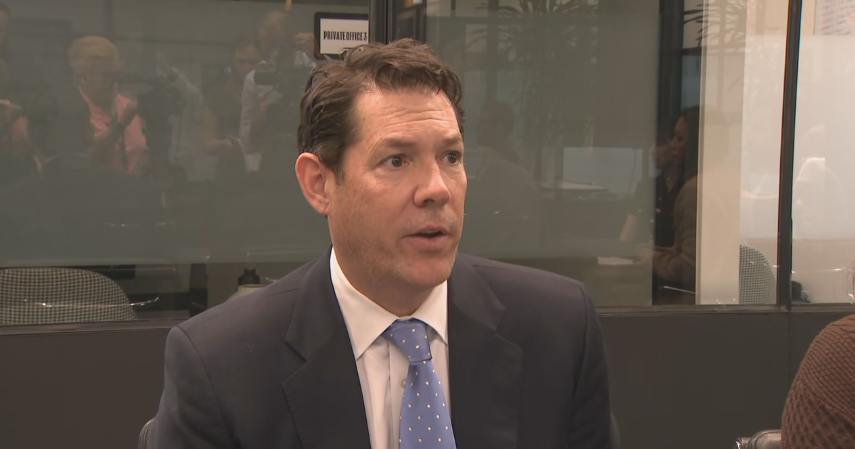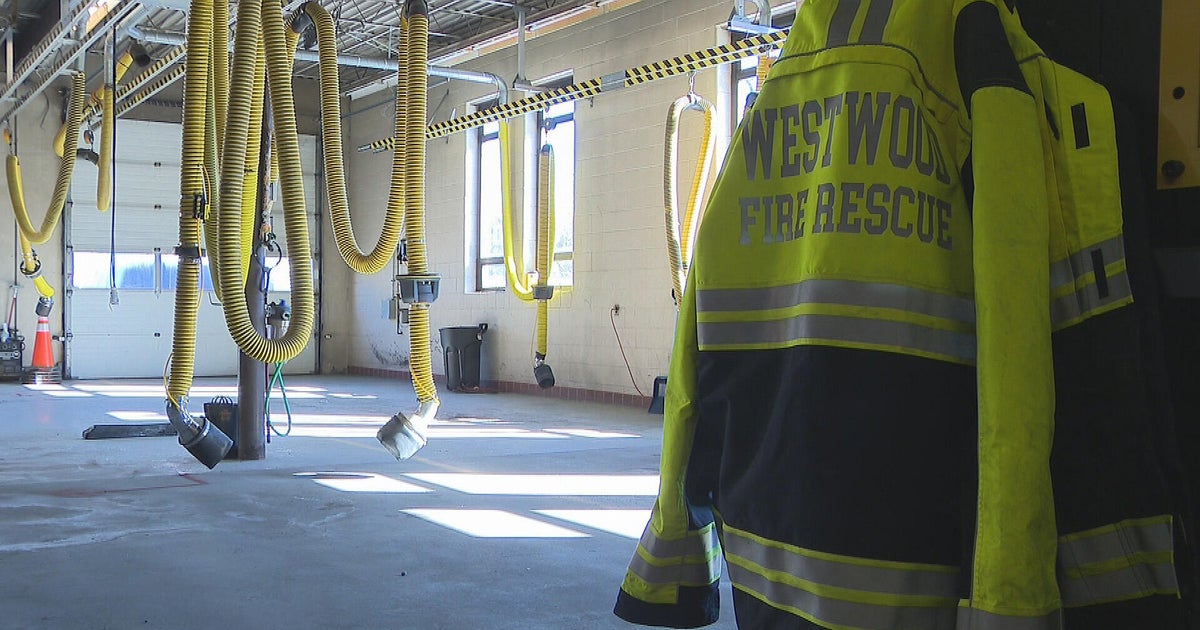Several Maryland lead-paint inspections deemed invalid amid lawsuit against contractor
BALTIMORE -- Maryland's Department of the Environment (MDE) is suing a Baltimore-based company for allegedly using radioactive materials without a license and altering test samples during lead paint inspections, resulting in some being deemed invalid.
According to the lawsuit, Green Environmental, LLC and its owner Rodney Barkley altered dust samples during lead-paint inspections and failed to maintain a testing device that contained radioactive materials.
Green Environmental was accredited by the MDE in January 2019 as a lead paint abatement services contractor, making it responsible for issuing lead-free inspection certificates for residential properties that contained lead paint, the lawsuit detailed. The company often conducted business in Baltimore.
In March 2024, the department attempted to conduct an audit during a scheduled lead-free inspection, though Barkley did not show up, according to the lawsuit.
MDE officials were able to observe inspections over the next several days where they learned Barkley had been using a testing tool on the wrong setting, invalidating his tests, the lawsuit said.
During one instance, Barkley was unable to provide proper paperwork for a rented lead paint analyzer that contained sealed source cadmium-109, a radioactive byproduct material, the lawsuit alleged.
A department official also reported seeing a manufacturer's training certification that was issued only one week before the audit occurred. MDE later learned Green Environmental had failed to test the lead-paint analyzer machine since receiving it in August 2019, the lawsuit said.
The lawsuit also alleged Barkley altered dust sample reports at two properties, in one case changing a positive result to a negative.
According to the lawsuit, Barkley performed about 131 lead-free inspections while working with Green Environmental between 2022 and 2024.
MDE alleges Green Environmental and Barkley violated Maryland Reduction of Lead Risk in Housing regulations, and is requesting that Barkley's accreditation be revoked and he be required to pay civil penalties for each violation.
Lead in Baltimore homes
Maryland's Lead Risk Reduction in Housing Act was adopted in 1994 to reduce instances of childhood lead poisoning while maintaining affordable housing.
Removing lead paint from homes has been a priority for Baltimore leaders for years as data showed between 75% and 95% of homes built before 1980 contained lead paint at one point.
In 2017, the Maryland Department of Health said lead exposure was the most widespread environmental hazard for children in the state.
Over the years, the city has been awarded funds to facilitate paint removal, including $9.7 million in 2019 to address lead in low-income households.
The U.S. Department of Housing and Urban Development (HUD) said part of the reason Baltimore received the funds was because the city has a higher number of pre-1940 rental houses and higher rates of childhood lead poisoning.







